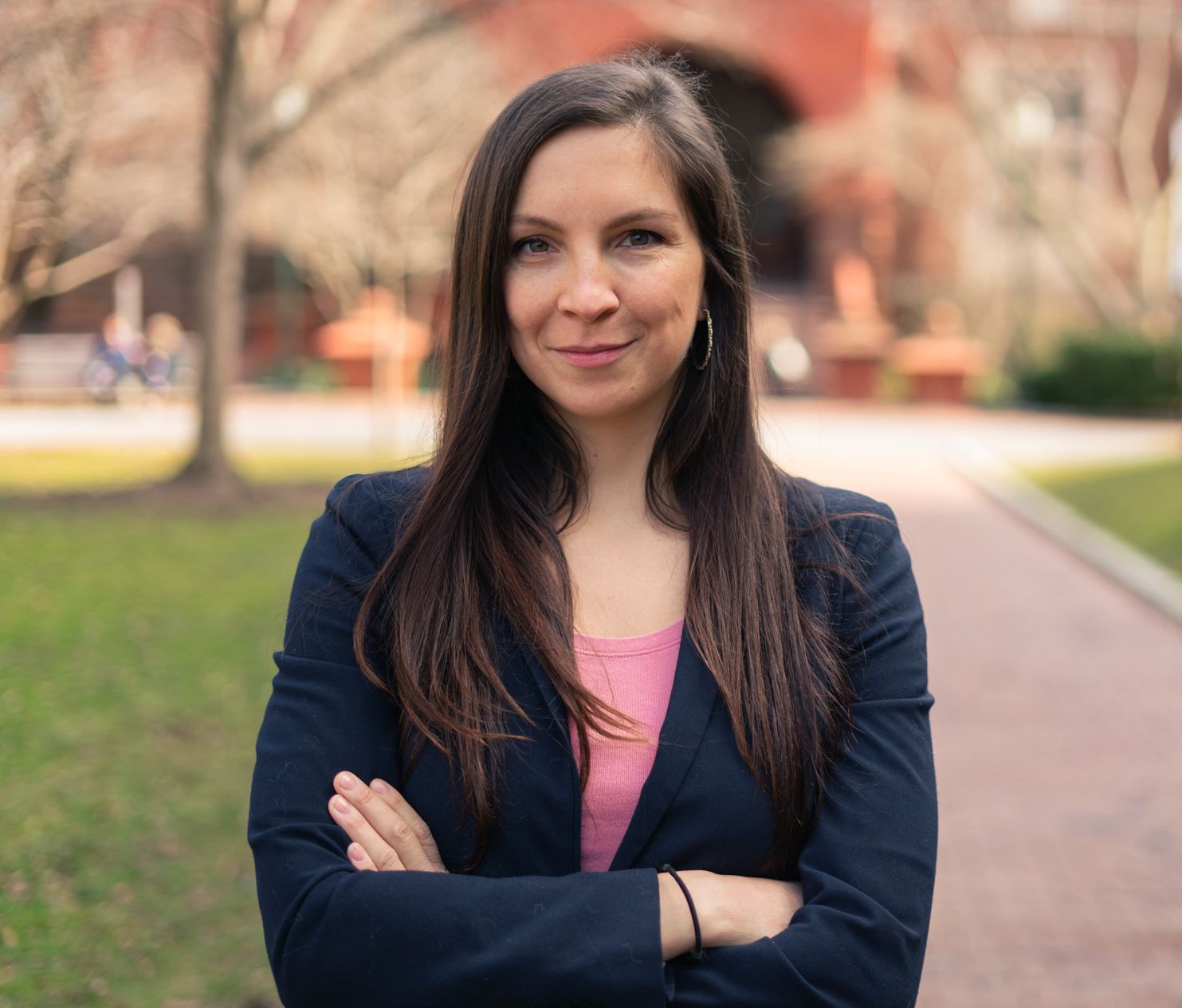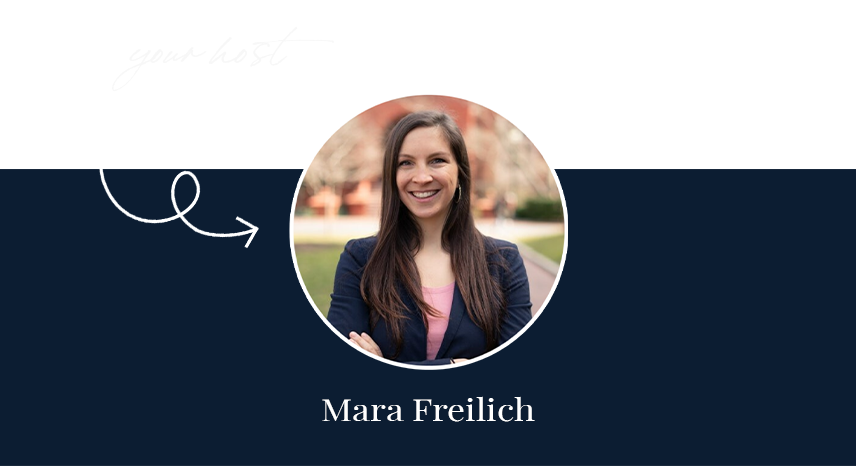How do you write Harvard Law School Statement of Perspective and Statement of Purpose that help you get accepted?
Every year, thousands of brilliant students submit Harvard Law applications. Yet only a fraction get accepted.
I’ve helped hundreds of applicants craft winning personal statements for top law schools, including Harvard. In this guide, I’ll show you exactly how to write statements that significantly boost your acceptance chances.
Harvard Law School Statement of Perspective and Statement of Purpose requirements
While the personal statement is no longer an application component due to SCOTUS guidance, Harvard University does require you to write a Statement of Perspective and a Statement of Purpose, which are very similar.
The topic you write on is totally up to you.
The prompts for these essays are:
Statement of Purpose: “What motivates you to pursue law? How does attending law school align with your ambitions, goals, and vision for your future?”
Statement of Perspective: “Please share how your experiences, background, and/or interests have shaped you and will shape your engagement in the HLS community and the legal profession.”
Other requirements are that the essays should be:
- 1-2 pages each
- Double-spaced
- 11-point font minimum
- One-inch margins
- Header: “Statement of Purpose/Perspective” (left-aligned)
- Your full name (right-aligned)
Together, these essays let you showcase both your ambitions and your lived experiences. The strongest applicants use this to highlight different but complementary sides of who they are.
Successful Harvard Law School statement example
Before we break down exactly how to write your essays, let’s look at an example that successfully conveys both purpose and perspective. While this was originally written as a personal statement, you’ll see how the story and structure apply directly to both of Harvard’s current essay prompts.
“The personal statement is intended as an opportunity to give the Admissions Committee a better sense of who you are as a person and as a potential student and graduate of Harvard Law School. In many instances, applicants have used the personal statement to provide more context on how their experiences and strengths could make them valuable contributors to the Harvard and legal communities, to illuminate their intellectual background and interests, or to clarify or elaborate on other information in their application. Because applicants and their experiences differ, you are the best person to determine the content of your statement.”
And here below is my client “PS’s” personal statement from their Harvard Law application:
“I grew up in a home plagued by alcoholism. My siblings and I lived perpetually at one end of the spectrum or another—some days showered with almost every gift we could think of, and on others coming home to find the electricity or water shut off due to unpaid bills.
While my home life was akin to a swinging pendulum, unclear of where things would land on any given day, I had a steadiness within myself, rooted in my own proprietary blend of boldness and confidence in my ability to seek out knowledge and use it to create opportunity.
In middle school, after learning about the Magna Carta, I researched legal templates to draft a contract limiting the powers of a club’s micromanaging teacher-advisor—and convinced her to sign. In high school, I sent over 200 cold emails until I was offered a research internship to pursue my interest in biomedical research. And after designing a free curriculum to teach creative writing in schools whose art programs had been cut, I chased down state legislators to disseminate policy proposals I had written to institute low-budget creative writing programs—and got my proposal in front of the School Board.
At the beginning of my undergraduate career at Stanford, my initial plan to build on my biomedical research interests to be a physician quickly felt lacking. I knew I was missing something when I envisioned myself as a doctor or researcher, but I felt unwilling to let go of my connection with medicine.
As it happened, medicine wouldn’t let go of me, either.
In my sophomore year, my now-sober dad was diagnosed with end-stage cirrhosis of the liver.
The fallout was immediate, both emotionally and strikingly, monetarily. The aftermath of his diagnosis took me outside of my own sphere and opened my eyes to the failings of the complex dynamics that govern our healthcare system. My family was fully insured, yet we faced considerable difficulties paying for his unexpected hospitalizations. My search to better understand my family’s situation led me, still in school, to enroll in coursework focusing on the inner workings of the U.S. healthcare system. Quickly, I became attuned to the plight of patients just like my dad without the financial resources to support their care, and their quest for even a fighting chance against diseases just like his.
The patient journey and the systems that govern it soon became an academic passion of mine, and I amended my undergraduate education to make this my new focus. As a global health major, I put my own frustrations with what I saw as an inhumane system of profit over people to work and explored designing solutions to increase patient access to care: I created a low-budget proposal for malaria border checkpoints to improve surveillance between Indian states, lead-authored a study on representation of low-income countries in global health academia, and advised cash-strapped Medicaid hospitals looking for ways to finance more effective service for their millions of homeless and low-income patients.
Through my experiences with the titanic issue of inequity and inaccessibility in for-profit health systems across the globe, I discovered something even larger than my personal desire to better my and my family’s lives: purpose. I felt an immense sense of fulfillment by dedicating my time and energy to creating solutions for others rather than myself and knew I wanted to serve through legal reform.
While I solidified where I wanted to make an impact long term, my family continued to grapple with my dad’s deteriorating condition, as it became clear he would not survive without a transplant. Over months of searching for possible donors in vain, I saw my dad nearly lose his life on “the list” waiting for a new liver. It is not lost on me that his successful eleventh-hour transplant was a stroke of pure luck.
Many others are not so lucky, though no less deserving of care than my own family.
This has only deepened my resolve to find better answers for patients less fortunate than my dad.
Now, I aim to go up against the broken systems that create these realities. From my time consulting for Medicaid hospital affiliates to my current role advising for-profit healthcare litigants, I’ve learned that this will require an effective management of the transition from fee-for-service healthcare models towards value-based payment solutions. Success in this pursuit requires a balance—creating stable non-monetary incentives for high-quality treatment and prevention of illness without sacrificing immediate access to care for all patients regardless of background. I seek a legal education that provides me with an intellectual and practical experience to hone my approach to reform and further define this balance.
I intend to begin my career as a healthcare attorney, working directly with institutions to develop a deep understanding of the delicate nuances of the healthcare system. My years in practice will equip me to bring this knowledge to an academic or legislative role later in my career, where I intend to author policy that creates a system motivated by the value of human life and health, not just financial gain.”
Why this works:
The statement shows this applicant’s passion and sense of purpose for getting into law school. It gives a clear narrative for why this applicant would be the ideal candidate for Harvard Law.

How to write a Harvard Law Statement of Purpose
Think of your Harvard Law School personal statement – also known as your Statement of Perspective/Statement of Purpose – as your chance to show the admissions team who you are.
And I don’t mean just on paper.
Put simply, it’s a way to introduce who you are as a person beyond your grades and prove that you’re a natural fit for the school.
So, to write a personal statement that works, you’ll first need to figure out what Harvard is actually looking for in a student.
1. Know what Harvard Law looks for in a personal statement
Yes, strong academics and test scores matter to Harvard.
But so does who you are – and that’s what the admissions team wants to see in your written statements.
Here’s what Harvard is looking for in its future students:
- Energy
- Ambition
- Sound judgment
- Resilience
- Concern for others
- High ideals
So, at Harvard, a successful personal statement is one that highlights these traits through real experiences and personal insight.
It should prove that you’ll not only succeed there but also bring something meaningful to the Harvard Law community.
2. Brainstorm a topic for your personal statement
Now you know what they’re looking for, it’s time to choose a topic.
This is one of the hardest parts about writing your Harvard Law School personal statement.
But brainstorming will make it easier to find a story that reflects your voice, values, and perspective.
And if you don’t have a dramatic story or moment to talk about?
That’s FINE.
Because, in fact, the simple, everyday experiences often make for the best topics.
Ones that work well include:
- Unexpected challenges that shaped your worldview
- Moments of moral complexity where you had to make difficult decisions
- Experiences with injustice that ignited your passion for law
- Leadership in adversity when others looked to you for direction
- Cross-cultural encounters that broadened your perspective
When it comes to personal statement topics to avoid, I recommend you stay clear of:
- Generic “I’ve always wanted to be a lawyer” narratives
- Sports victories (unless they reveal unique character insights)
- Study abroad experiences without deeper reflection
- Volunteer work described superficially
- Historical events where you weren’t personally involved
For any topic you’re considering, ask: “So what? Why does this matter? What does this reveal about me that my resume doesn’t already show?”
If you can’t answer clearly, choose a different topic.
Ready to get brainstorming?
Here are some questions to get you started:
- What was my childhood like?
- What are three character traits that define me?
- What do I want to accomplish as a lawyer?
3. Structure your personal statement
A strong Harvard Law School personal statement has a beginning, middle, and end — and each part serves a clear purpose.
Here’s how I recommend you structure each of your written statements.
The beginning: Start with a moment that matters
Whether it’s a challenging moment, a turning point, or a realization, your opening should draw the reader in and set the tone for the rest of your statement.
Now, what you don’t want to do here is rely on cliches! Instead, lead with something personal and real that truly matters to you.
The middle: Build your story
Each paragraph should:
- Build on your opening moment
- Reveal new layers of insight
- Connect to your broader growth and motivations
- Link to your future legal career
Pro tip: Focus on meaning over milestones. Your resume already lists your accomplishments—your statement should explain why they mattered to you personally.
The end: Finish with direction
Connect your experiences to:
- Why law school is your next logical step
- How Harvard specifically fits your goals
- What you’ll contribute to the HLS community
- Your vision for using your legal education
4. Write your personal statement
This is the part of the process where I see a lot of people freeze.
But remember, your first draft isn’t your final draft. Not even close!
It’s just the jumping-off point.
With that in mind, don’t overthink every sentence.
Instead, just focus on getting your story and core message onto paper in your natural voice.
The best way to do that?
Write like you’re talking to someone who genuinely wants to understand you and why you want to be a lawyer.
Once you’re finished, take a break and return with fresh eyes to start the editing process.
Now, editing is where the magic happens.
But this isn’t just about looking for typos (although it IS crucial you fix those).
You’ll also want to ask yourself:
- Is my central theme clear?
- Does each paragraph build on the last and speak to the theme?
- Are any parts vague or off-topic?
- Have I written in a clear, authentic voice?
- Is the language active and specific? Have I used details and energy to bring my story to life?
- Does a sense of growth or insight come through?
When you’ve done that, I recommend you get feedback from someone you trust, whether it’s a mentor, admissions consultant, or professor.
I know this feels intimidating, but getting a second opinion is really important.
They’ll be able to tell you if it sounds like you and hits the mark – and if it doesn’t, what changes can help you get there.
Next up: making your statements specific to Harvard Law.
5. Include “Why Harvard Law”
If Harvard is your dream school, you want the admissions team to know, right?
Now, I’m not saying you need to dedicate your entire statement to it, or even a whole paragraph.
But you should weave a few reasons why Harvard is the right school for you throughout.
For example, include:
Clinical programs: “Harvard’s Immigration and Refugee Clinical Program aligns perfectly with my commitment to representing underserved communities…”
Faculty expertise: “Professor [Name]’s work on constitutional law and social justice mirrors my own interests in…”
Student organizations: “I’m excited to contribute to the Harvard Legal Aid Bureau, building on my experience with…”
Avoid generic statements about prestige. Focus on how Harvard’s specific resources will help you achieve your goals.
6. Tie it together
Finally, you’ll want to tie it all together with a grounded and intentional conclusion.
So, in the final lines of your Harvard Law School personal statement, bring the focus back to your bigger picture.
What has the story you’ve shared taught you? How has it shaped your perspective and your path to attending Harvard?
Your aim should be to leave the reader feeling like they know you on a personal level – who you are, what motivates you, and why getting into Harvard Law is the right thing for you.
And before you hit submit, read it a couple more times to make sure your personal statement avoids the most common pitfalls.
I’ll tell you what those are next, so keep reading!

Harvard Law personal statement mistakes to avoid
Harvard is one of the best law schools in the nation, so competition is steep.
Fortunately, your personal statement can make a HUGE difference, especially if your LSAT scores or overall GPA are lower than school averages.
So, as you write your Harvard Law School personal statement, you’ll want to avoid these common mistakes:
- Telling a generic “why law” story. Something like “I’ve always wanted to be a lawyer” doesn’t tell the admissions committee anything about you. Instead, tie your interest in law to who you are and what gets you out of bed in the morning.
- Rewriting your resume in paragraph form. I know it’s tempting to highlight everything you’ve accomplished, but you’ve already submitted a resume. For a more successful statement, share why certain experiences mattered and how they shaped your future in law.
- Trying too hard. Harvard isn’t looking for stuffy language, legal jargon, or name-dropping. What they do want to see is a story with clarity, honesty, and authenticity – in YOUR voice.
- Not referencing Harvard specifically. Again, your Harvard Law School personal statement should show why this is the school for you. So remember to mention it by name several times!
I know, it’s a lot to remember.
That’s why I’ve put together a checklist to help you write your Harvard Law School personal statement. Let’s take a look now!
Harvard Law personal statement checklist
Use this checklist to ensure your statements hit every mark:
Content & structure:
- Opens with a compelling, specific moment
- Each paragraph builds logically on the previous one
- Demonstrates Harvard’s six key traits through examples
- Includes specific reasons for choosing Harvard Law
- Concludes with clear vision for your legal career
Writing quality:
- Uses active voice throughout
- Varies sentence length and structure
- Includes sensory details and specific examples
- Maintains consistent, authentic voice
- Free from grammatical errors and typos
Strategic elements:
- Addresses both prompts distinctly (no overlap)
- Shows growth and self-reflection
- Balances personal story with professional goals
- Demonstrates research about Harvard’s programs
- Meets all formatting requirements
FAQs about Harvard Law School personal essays
How long should each statement actually be?
Aim for 1.5-2 pages each. Going significantly under suggests lack of depth; going over suggests inability to follow directions.
Can I use the same examples in both statements?
Reference the same experiences if relevant, but focus on different aspects or lessons learned to avoid redundancy.
Should I mention other law schools I’m applying to?
No. Your Harvard statements should focus exclusively on Harvard and your fit there.
How personal is too personal?
Share meaningful challenges and growth, but avoid overly intimate details or information that might raise concerns about your judgment or stability.
When should I start writing these statements?
Begin at least 2-3 months before your application deadline. Great statements require multiple drafts and reflection time.
Next steps
Writing exceptional Harvard Law statements isn’t just about following formulas—it’s about authentic self-reflection and strategic storytelling.
The students who get accepted don’t just have impressive credentials. They have compelling narratives that help admissions officers envision them as future Harvard Law alumni making meaningful contributions to society.
Your statements are your opportunity to join that select group.
Remember: You have something unique to offer Harvard Law. Your job is to help them see it clearly.
Ready to craft statements that get you accepted? I’ve helped hundreds of students gain admission to their dream law schools, including Harvard. If you’re serious about maximizing your chances, let’s work together to create statements that showcase the best version of you.
Learn more about working with me.
Read more:






